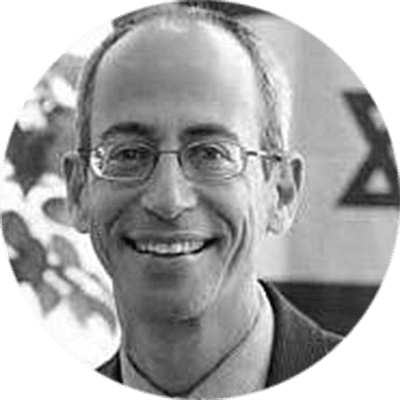Filling the End-of-Year Parties with Reflective Content
Many teachers and students organize end-of-year parties to celebrate their accomplishments. This post is not meant to talk against this widespread practice.
After all, according to one source (Shabbat 118b), there has been a long-standing custom dating back to the fourth generation Babylonian Amora Abaye to do something similar. According to the Talmud, anytime Abaye saw a student who had completed a text, he would invite everyone in the yeshiva to celebrate together at a siyyum.
However, the celebration wasn’t just a party. Typically, the student taught the last portion of the text, and in order to make it intelligible to the listeners, the one leading the session offered some broader reflection on the learning as well. The opportunity to review and reflect also helped the learning “stick” for the one leading the siyyum.
What are some engaging ways to insert reflection in an end-of-year party?
Some teachers zoom out and allocate time for their students to write thank you notes to their parents for their education in general and their Jewish education in particular. In those letters, students are encouraged to re-cap what they’ve learned and how their education has benefited them. Some Ivrit teachers have students write the letter in Hebrew even if the parents don’t necessarily understand the Hebrew.
Other teachers prepare students to play Jeopardy or some other quiz show that summarizes the year’s learning. The teacher writes questions or, even better, asks students to write questions, and then they play.
Some teachers prepare retrospective questions (What did you enjoy learning most? What’s one thing you learned that applies to the real world?) and prospective ones (What’s one thing you want to work on next year?) and ask students to pull a question out of a hat and share their responses aloud.
Here are two more ideas that come from a past edition of Edutopia.
#1. Create a Symbol and Hashtag
After reviewing each unit of study, ask students to draw a symbol that represents their experience with that unit. They could even create a hashtag that reflects an aspect of each unit. After they have designed their symbols, they can craft a few words that describe and explain their symbol.
#2. Craft a Letter to a Future Student
Invite your students to write a letter to a student in next year’s class.
What advice might you give him or her?
What should the student do in order to be successful in this class?
How will what they learn help them in other classes? How about in life?
You keep the letters and pass them out to incoming students during the first week of school in the fall. Students tend to take this activity seriously because there’s a real audience built in.
The end-of-year party is a joyous way to celebrate what one has learned. However, students naturally take for granted how much they’ve grown and learned. Any activity that asks students to reflect on, highlight, or summarize what they have learned will add a well-earned feeling of accomplishment and pride to that joy.
See the full article at https://tinyurl.com/y38ppbfz


